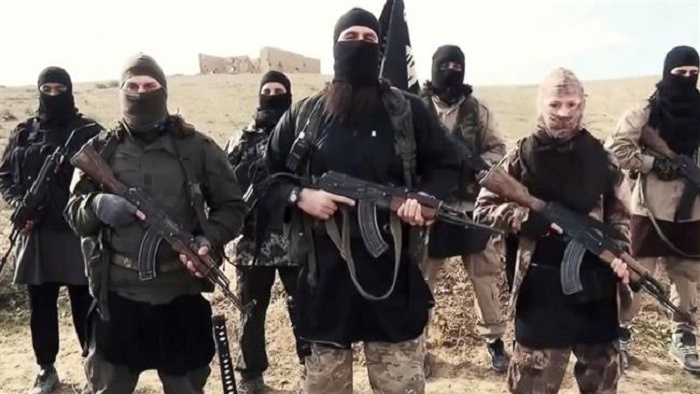From Saudis to Shias … and Back?

By: Davoud Fairahi
When speaking of Daesh/ISIS -as a takfiri group whose main focus is on its "immediate enemy"-and its differences with its precedents, there are some key questions which we must answer.
· Has the group undergone any shifts?
· Has it become more/less anti-Shia?
· How did Daesh's immediate enemy change?
· What is the state of Daesh orientation now?
Speaking of the concept of "immediate enemy", we should realize that for Daesh, this is a geography-centered concept, not an ideology-centered concept, that is, the closer the enemy, the more 'immediate' it becomes. Israel, Saudi Arabia and Shias, all located in the Middle East and geographically close to Daesh, are the three main candidates to serve as the group's immediate enemy.
Saudi Arabia and its ruling regime initially served as ISIS' immediate enemy in the late 1990s and the early 2000s. Jihadi groups targeted the Saudi household and engaged in armed battle with the regime in Mecca and Jeddah. Even in 2012, the Shias had still not turned into Daesh's primary immediate enemy. The situation changed in the following years however. Ayman al-Zawahiri's 2012 letter to Jihadi forces who had decided to establish the Islamic State of Iraq is a key turning point. It is in this letter that he calls for a focus on the Shia enemy as the bond that brings all jihadi groups together.
The turn from Saudi Arabia to Shias entailed three strategic advantages: it put a lid on infighting between jihadi groups, it attracted the support of Sunni Muslims (though this expectation eventually failed to a large extent), and –at least temporarily and despite their inherent hostility towards the Saudi household- it helped jihadi groups to receive military, political, and financial support from Saudi Arabia.
While the shift of focus from Riyadh to Shias proves the mastery of Saudis over traditional diplomacy (coopting tribal leaders and changing their priorities), Riyadh will be in a constant state of anxiety over the return of Daesh. Don't forget that the 2016 version of ISIS is different from its 2015 update. Throughout the last four years, Daesh has brought under its umbrella 32 jihadi groups from across the world, many of whom are not concerned with Shiism. To keep these groups inside its circle, Daesh has to balance its priorities and focus on more global issues.
* This is a short version of a speech by Davoud Fairahi in Ministry of Foreign Affairs' Institute for Political and International Studies. Davoud Fairahi is a lecturer in University of Tehran, with a focus on the history of ideas in Islam.

